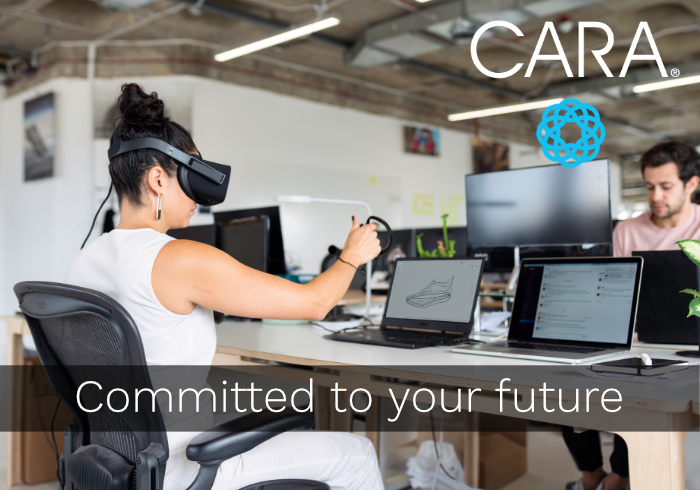
We are pleased to announce our 2019 third quarter winner of the PURE Service Award, Jill Spealman! Jill Spealman is a talented learning professional with over 20 years of business experience. For…

We are pleased to announce our 2019 third quarter winner of the PURE Service Award, Jill Spealman! Jill Spealman is a talented learning professional with over 20 years of business experience. For…

During the holidays, the CARA team takes time out from our busy schedules to remember that our commitment to the future extends to our community. This year we volunteered our…

Predicting the future can be difficult. But one of two things is very likely: your current job will look very different, or your current job will not exist The Korn-Ferry…